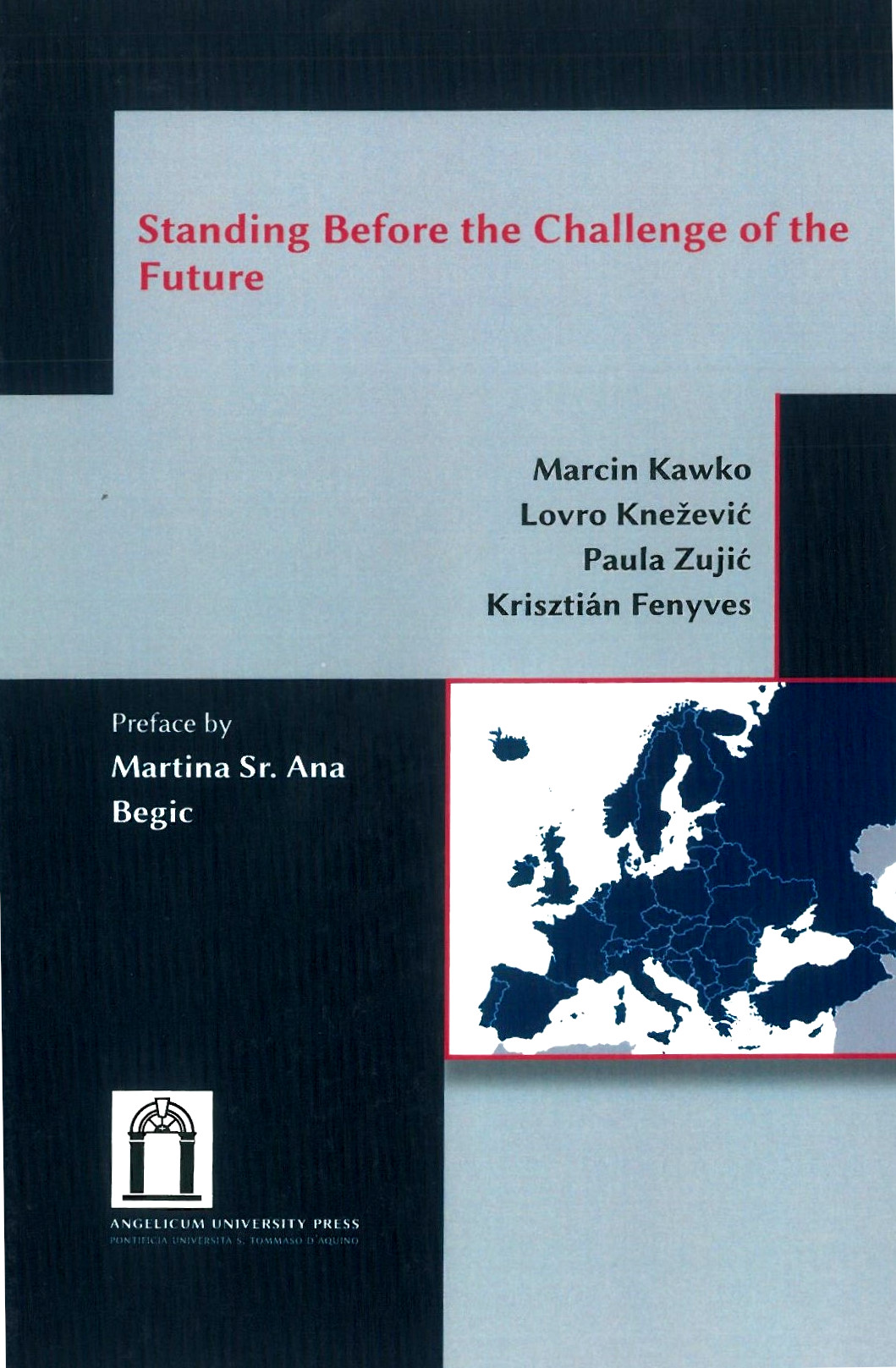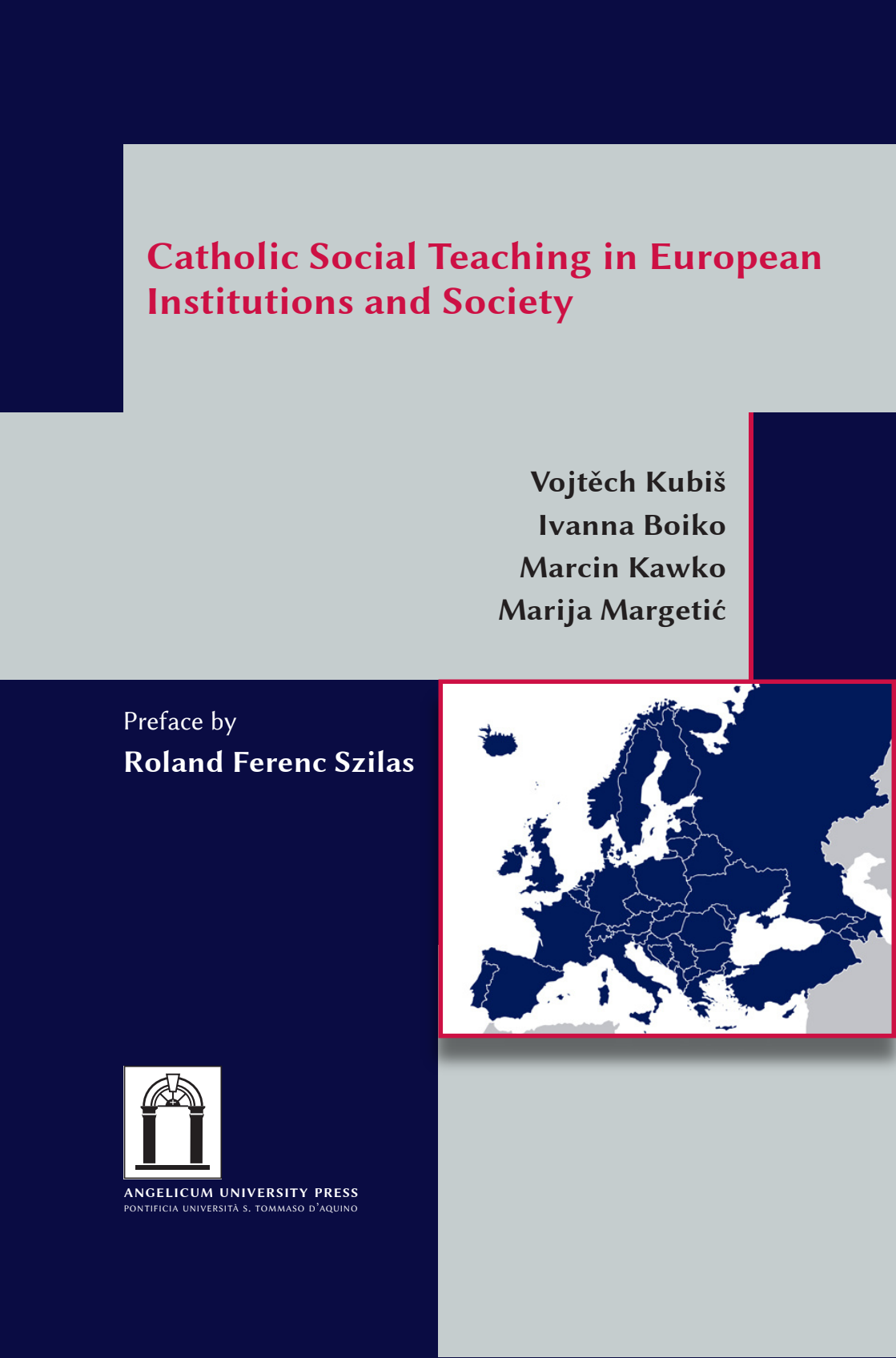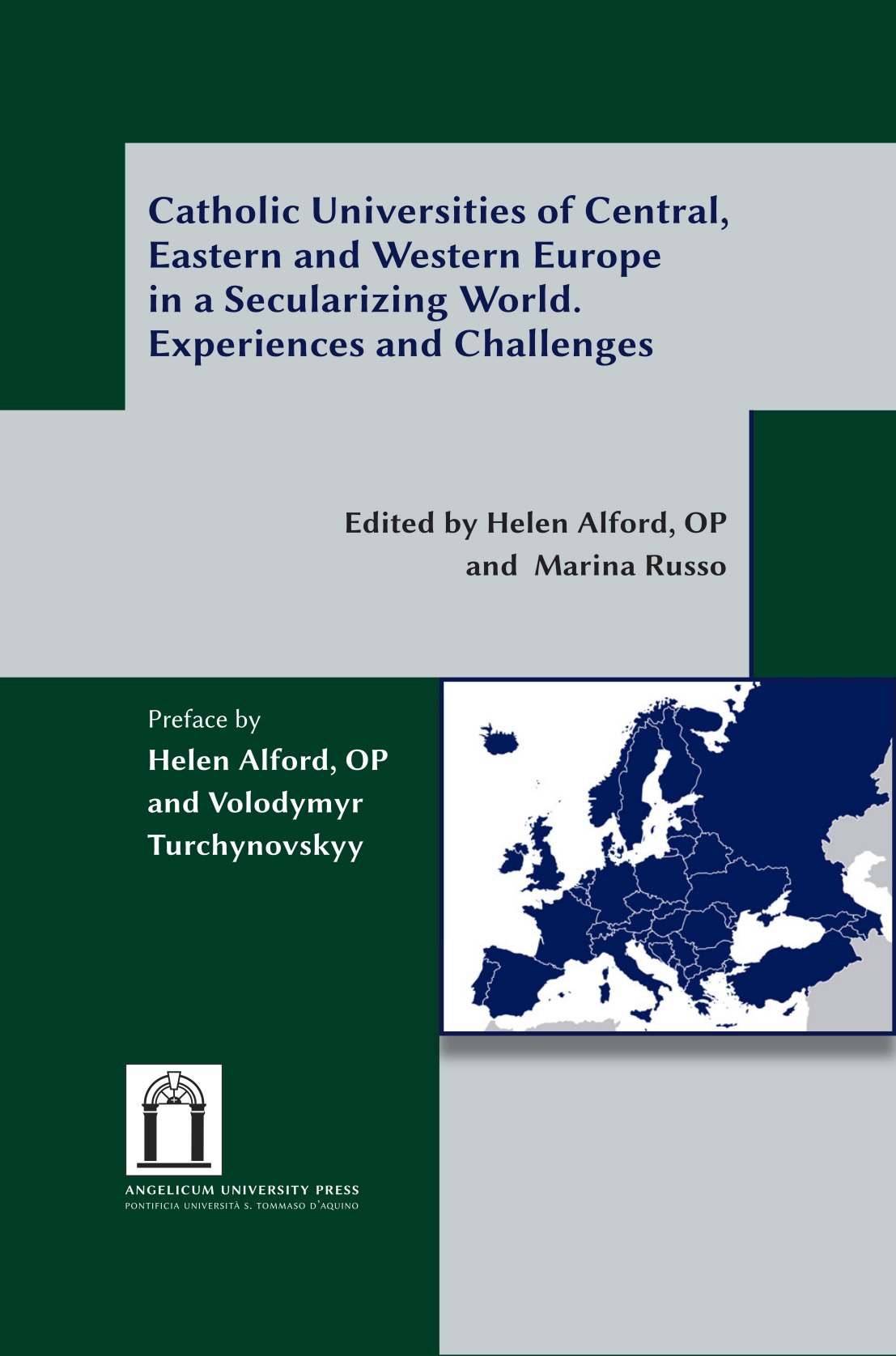in Washington University Law Quarterly,
vol 65, 1987, pp. 732 – 757, reprinted with permission.
 There should be no doubt that the freedom of association, which includes the so-called freedom of coalition, is one of the fundamental rights of human beings in the sense of natural law. Just as a human being has to be free to structure his life according to self-determined values, he must also be granted freedom to associate with like-minded people.
There should be no doubt that the freedom of association, which includes the so-called freedom of coalition, is one of the fundamental rights of human beings in the sense of natural law. Just as a human being has to be free to structure his life according to self-determined values, he must also be granted freedom to associate with like-minded people.
Still, neither the freedom to conduct one’s life as one wishes not the right of association is unlimited. The conduct of individuals also affects others. Today’s problems regarding drug addicts and especially AIDS victims clearly indicate that the individual’s conduct affects the entire society – not only because one person could “contaminate” the other, but also because the evil which an individual inflicts on himself eventually poses an evil for the entire society. This is not meant to emphasize the fact that health insurance, which is also paid for by members of society with healthy lifestyles, is burdened by those with unhealthy lifestyles. Rather, the reason is simply that it is a part of a generally accepted standard of values not to waste one’s abilities by abusing drugs. After all, as a member of a community, everyone has, along with individual rights, the obligation to cooperate in the realization of common goals.
This isolated and still largely abstract view of subjective rights does not clarify the question: Who in social life has the authority and the right to define the public interest, through which subjective individual rights are confined? Generally speaking, it is the authority of the national community. In the era of enlightenment and democratization, doubts grew about the intellectual and moral strength of the authority of state power. Thus, the largely individualistically viewed declaration of subjective rights arose, especially in the U.N. declaration of human rights of 1948. Almost every article of the U.N. declaration begins with “every person” or “every individual has the right...” Article 20 clearly states that every person has the right to form associations freely and must not be forced to participate in them. The penultimate (29th) article states, however, that the individual has obligations to the community in which he alone can find his free and full development. In addition, the 29th article requires that the exercise of his rights and the enjoyment of his liberties are submitted “only” to legally formulated restrictions regarding the respect of rights and liberties of third parties and the “just” demands of morality, public order, and public welfare in democratic society...
Subjectivisim, which informed the conception of human rights, has naturally changed the entire social philosophy. From the viewpoint of subjectivism, it is no longer possible to define an objective, generally recognizable public welfare. Public welfare has become a public interest that can be determined through the democratic vote.
In earlier social philosophy, this objective public welfare was viewed as a value superordinated to individuals; now it is equated to a common denominator resulting from many subjective value judgments. Thus, one speaks of value pluralism. The pluralism of values requires on-going communication of the various intellectuals in society. J. Habermas, who did not want to drop the objective contents of public welfare, thus called for an elite who should define the true public interest. His concept is to be interpreted as an attempt to transcend the modern theory of a society in conflict. Thus, the society of conflict faces the dilemma of not being a genuine community at all, since only subjective value judgments predominate in it, judgments that are in conflict with each other. Our goal here is not to discuss the theories of Habermas. It is only emphasized that this theory has aimed to rescue an important element from the earlier social philosophy. (It is an open question as to which earlier philosophy.) This element alone is the objective, generally valid value which makes a multitude of persons into a community. Included in the social philosophers to whom this objective value was important were those who leaned towards communism, like Plato and Marx. Out of fear of such a philosophy, all social philosophers who still talk about an objective public welfare, were generally lumped together with communists. This is clearly the case in K. R. Popper’s work The Open Society. Popper’s “open society” became a model of a society of conflict. In this society the principle of “power and countervailing power” (J. K. Galbraith) is valid.
The subjectivist interpretation of human rights could welcome nothing more than a society of conflicts, which suits it. . . In a conflict society, individual groups determine according to their interest what social justice consists of. Thus, what matters is simply to formulate the rules of the game in a society of conflict. The basic rule here is dispute parity, which labor unions use to base their arguments against lock-out...
Only natural law can be the basis for a social ethical judgment of concrete social conditions. Natural law has been understood over the course of this century to mean many different things. . . Quite different from the individualistic representatives of natural law is Thomas Aquinas. He sees the norms of natural law primarily as regulatory norms, but – in contrast to Hegel and Marx – he views these as regulatory norms of the community, which is a custodian of personal values. Such a natural law cannot be expressed in a concise phrase. It is true that one can say that all people have the right of self-realization, but it is self-realization within the community. . . The norms of natural law are not primarily rights one is entitled to claim from the community, but norms of the organization with regard to general human values. Today we have lost this regulatory thinking completely. The collective bargaining autonomy, as it is viewed today, clearly indicates this fact. Both employer and employee are subjectivists of our society; both are privileged through positive law. Other members of society have to stand by and watch how a strike develops as if this labor dispute were not of interest to them, notwithstanding how they suffer from it...
Even though the regulatory norms of natural law are based on the collective and not on the individual, the individual interest must still be attributed a protected status lest individual rights be delivered over to the head of state. Thus, it lies within the application of the norms of natural law to search for a formulation which takes into account both the entire order and limits to governmental power...
According to the classical philosophy of natural law, as represented by Thomas Aquinas, collective bargaining autonomy is to be formulated as follows: Collective bargaining autonomy is the right of the individual employee and employer as well as that of their collectives to negotiate the wage and working conditions freely with consideration of the public interest. The concept of public interest includes the competence of the state authority to intervene in any way necessary when the public interest is threatened. With this, the outcome of the negotiations as well as the means of reaching agreement are, in principle, subordinated to governmental authority. Such is the case in the entire area of contractual business. The state can, and under certain circumstances, must enact appropriate laws for this contractual business...
Naturally, the human right to strike can be used individually as well as collectively. But it cannot be emphasized enough that the human right of walk-out is not the same as the right of strike, which is now valid in many countries. Strike is a particular kind of walk-out. It has a foundation different from that of the ordinary walk-out which one describes as a human right. To guarantee in the constitution the right to “strike”, as for instance the Spanish state constitution does, is a fundamental error. In the German “basic law”, the right of freedom to form economic coalitions (labor unions and employers’ federations) is included (art. 9,3), but the right to strike is not mentioned. It is true that some German jurists believe that the right of coalition is associated with the right to strike. This interpretation, however, is not necessary. Only actual human rights belong to the constitution. The right to strike is, however, no human right.
Strike has its foundation in the subjective value sentiment of an employee that his wages and working conditions are unfair. It is never only an individual, but always a collective walk-out. What is more, the employees do not inquire of public opinion when they strike. They engage in a work stoppage because they themselves are of the opinion that they can demand more and more of the employers. Their attitude is accounted for by the principle of a competitive struggle in the market economy. . . The public is not asked its view. On the contrary, the strike harasses the public in an attempt to gain public support for the employees demands...
Today, one can generally no longer speak of a walk-out as based on natural law and thus on human rights. No longer does a walk-out usually arise from a critical employment situation which would itself entitle the employees to strike. In modern industrial states, the employee can draw on multiple sources of social welfare protection against the subsistence minimum. Strikes are paid for de facto by the entire society, especially by tax payers and consumers. Is, for example, a strategically devised strike targeting the piston industry, which paralyzes, in the long term, the entire automobile industry and related supporters, objectively justified?..
Summary
1. From the viewpoint of natural law, that is, of social ethics and thus of pre-positivistic law, the right to strike is an emergency right. Here, emergency is to be understood as (a) employment conditions below subsistence minimum, a self-evident state. A walk-out, however, is effected at the striker’s own risk similar to the right of resistance against state authority, and is justified (b) in a broader, analogous sense, by any other state of manifest social injustice which, however, must be supported by unmanipulated public opinion. Even in this case, the striker bears the entire risk.
2. Collective bargaining autonomy does not necessarily entail the right to strike.
3. Collective bargaining autonomy, even though a fundamental right of both sides in a dispute, must not be carried out within a sphere beyond the state. Its boundaries must be legally defined.
4. In a modern industrial society, the right to strike has become generally obsolete as a consequence of:
a) the high standard of living of employees,
b) the social protection of employees through various social institutions,
c) the disastrous consequences for the national economy and its international competitiveness, and
d) damage done to third parties, who are not active in the economy, under certain circumstances especially the unemployed.
5. To view the right to labor dispute as an indispensable ingredient of collective bargaining autonomy is a fundamental error in today’s understanding of collective bargaining autonomy, which has its foundation in the subjectivistic theory of conflict society.
6. It is inconsistent with social ethics to view collective bargaining autonomy merely as procedural mode which necessarily involves parity in the dispute.
7. A social ethical investigation of strike and lock-out which begins with dispute parity is no longer ethics, but rather a theory of strategy. In addition, considerations of material elements (social differences between dispute parties) does not lead beyond a purely procedural examination. The necessary involvement of objective justice disallows any purely modal or procedural definition of justice in the sense of dispute parity.
8. In terms of social ethics and constitutional law it is necessary to re-establish and preserve the monopoly power of the state.
9. In the case of a collective bargaining conflict which cannot be resolved by the parties in the dispute, arbitration procedures should be conducted. In the last instance, there should be an agency that can be called upon for a proper legal ruling in order to prevent a strike. With this, a judgment about warning strikes has been implicitly made...
10. The loss of power of labor unions and the working class in general, a consequence of restrictions on the right to strike, is substituted by the increasing influence of employees via worker participation at the internal company and entrepreneurial level. In a co-determined economic constitution, primitive means of labor struggle no longer have any place.
11. Given what we have said about the right to strike, the lock-out becomes superfluous...
 IT
IT  EN
EN 
















